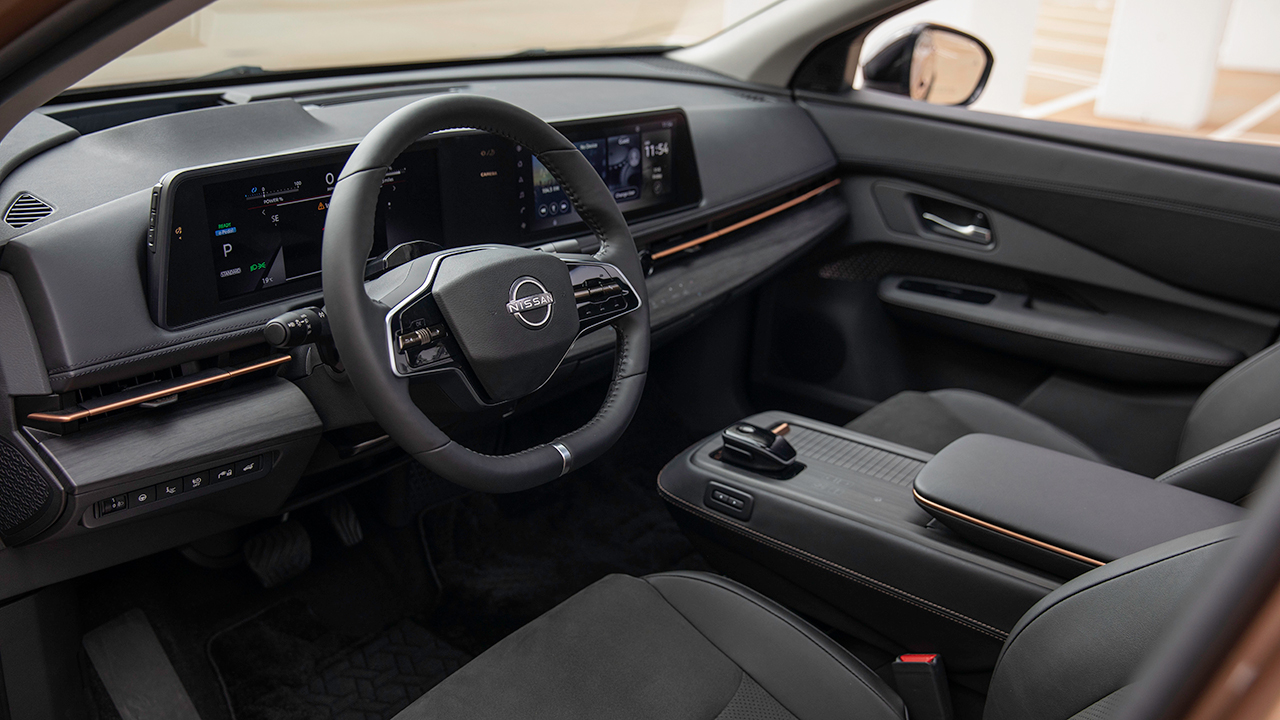The problem, which is a serious one, was discovered during pre-delivery inspections at dealerships, and fortunately, no vehicle had been delivered to customers with the defect.
The issue was caused by an error made by Nissan's technicians during the replacement of the steering wheels of already-assembled cars, which were waiting to be shipped from Nissan's port facilities. Nissan said that the technicians may have applied the incorrect torque settings to the steering wheel bolt, or they may have failed to install the bolt altogether. This resulted in the steering wheel experiencing some play, or potentially separating from the steering column if pulled towards the driver, which could increase the risk of a crash.
"As part of the activity, a technician may have inadvertently applied the incorrect torque settings to the steering wheel bolt. In certain cases, the steering wheel bolt may not have been installed," Nissan's defect report to NHTSA said.
The affected models have been the subject of an internal stop-sale since late February while Nissan works to address the problem. Fortunately, the company discovered the issue before any customer took possession of a car with the defect. The recall is expected to begin on April 6th, and Nissan will inspect and repair the steering wheels free of charge.
Interestingly, this isn't the first time that a steering wheel issue has affected an electric vehicle. Last month, the National Highway Traffic Safety Administration (NHTSA) launched an investigation into the Tesla Model Y after receiving complaints from several owners that the steering wheel had become loose. The investigation is still ongoing.
Source: Autoblog


